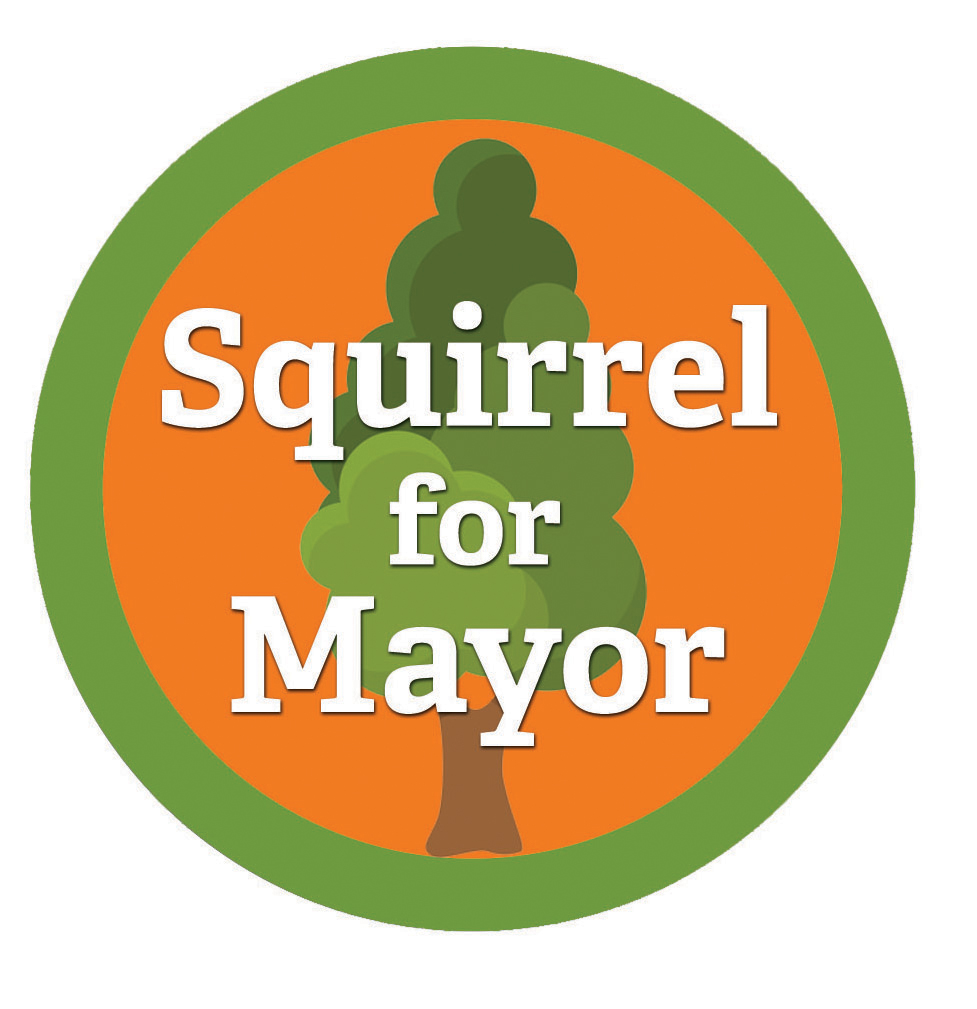Manuel Esperon-Rodriguez, Stefan Arndt, Michael Osei Asibey, Benno Andreas Augustinus, Albert Bach, Monica Ballinas, Victor L. Barradas, David N. Barton, Juergen Bauhus … See all authors
First published: 06 November 2025
https://doi.org/10.1002/ppp3.70125
Disclaimer: The New Phytologist Foundation remains neutral with regard to jurisdictional claims in maps and in any institutional affiliations.
OPEN LETTER TO POLICYMAKERS AT THE 30TH MEETING OF THE CONFERENCE OF THE PARTIES TO THE UNITED NATIONS FRAMEWORK CONVENTION ON CLIMATE CHANGE (COP 30, BELÉM, BRAZIL)
By 2050, nearly 70% of the global population will live in cities (UN, 2018), increasing the demand for urban green spaces. Urban areas are facing increasing risks from climate change, including heatwaves, flooding, wildfires, and growing social inequality, which challenges urban planning and design. Urban forests form the backbone of green infrastructure supporting resilient, equitable, and sustainable cities. Importantly, their cost-effective benefits advance sustainable development, climate action, and biodiversity conservation.
Read more: https://nph.onlinelibrary.wiley.com/doi/10.1002/ppp3.70125
